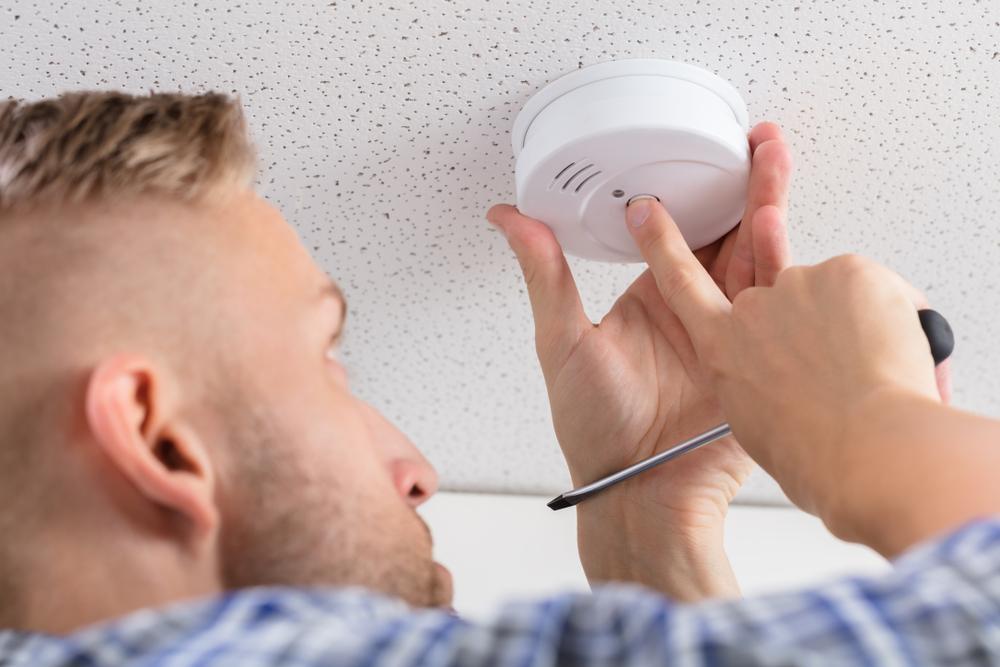
If you’re a recent homeowner or have lived in your home for a long time, you’ll know that winterizing your home properly is important for maintenance purposes. It’ll help you keep your costs down during the cold months and will make sure you don’t need to do too much maintenance after the winter clears up.
In our first part, we discussed some tips for making sure your home is comfortable and that you don’t risk breaking something. Here are some more tips to keep in mind:
- Put in an emergency release. An emergency pressure release in your plumbing system can be a real lifesaver in an emergency situation. It’ll protect your pipes in case they experience increased pressure from freezing and will prevent them from bursting and flooding an area of your home. Flooding is obviously the worst-case scenario, but you’ll experience a lot of repairs for fixing floorboards and walls that have been damaged in the flood. It would save you a massive headache just to have this in place.
- Get your heating checked. You’ll want to have a professional come in and service your furnace, boilers, and chimneys at least every year. It’ll help reduce any build up within your heating spaces. And it also ensures that they will keep running efficiently throughout the year without having to worry about something malfunctioning.
- Test smoke and carbon monoxide detectors. It’s more common that people might have a house fire during the winter time, so you’ll want to ensure that your smoke detectors are working properly lest you risk your life in the fire. You’ll also want to make sure that your carbon monoxide detectors are working properly, too, especially if you have a chimney, which could leak carbon monoxide back into your home. It’s a silent killer since it has no scent, so make sure that your detectors are working properly and that you change the batteries each year.
- Clean your yard. Before winter hits, you’ll want to go through your yard and clean up as much as possible. Trim back trees, remove dead branches and leaves, and take any debris out of your yard before things freeze over. Additionally, you want to do this before the first snowfall otherwise snow will trap all the debris underneath the snow and it will get mildewy. You want to make sure that dead branches are cleared, too, because snow can pile on top of it and it could dangerously break off in your yard.